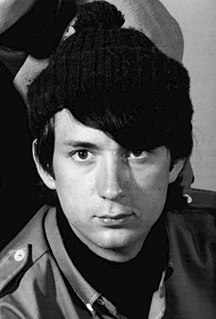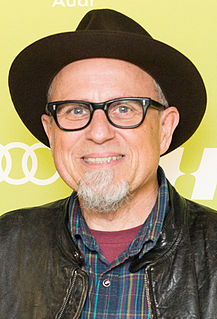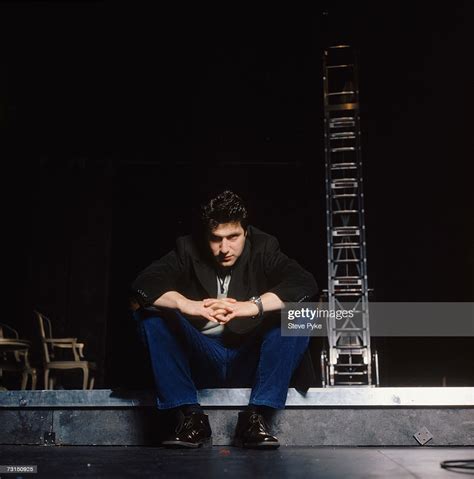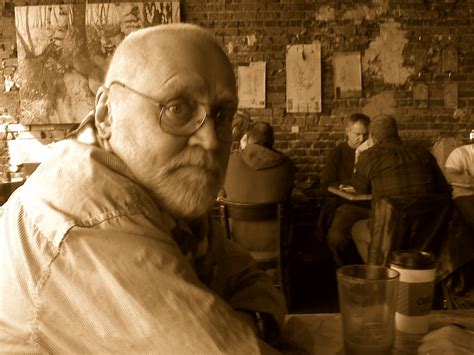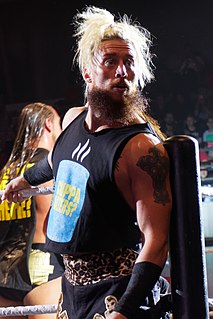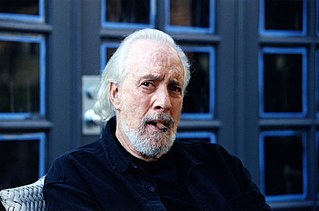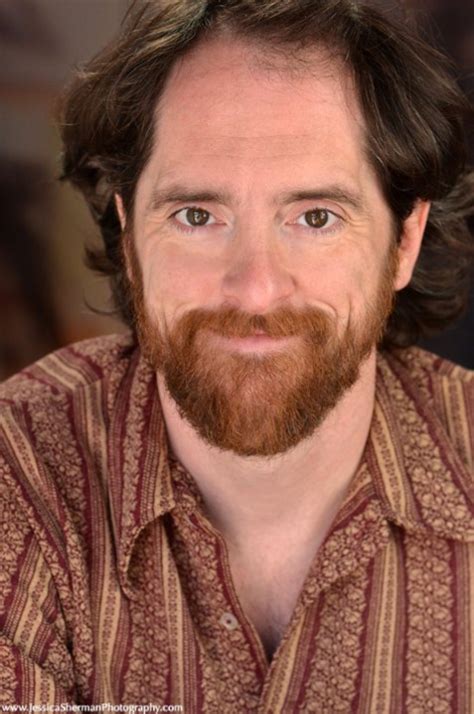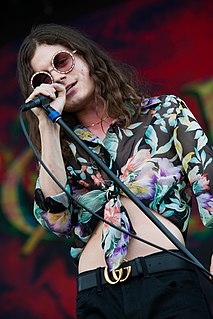A Quote by Michael Nesmith
I just finished a novel, and I'm back kind of noodling on the screenplays. Screenplays are tough. I am making music, I'm just not sure what kind of music it is or where it's going.
Related Quotes
I have completed and uncompleted screenplays, but they both fall into the category of “unsold.” I've seen quite a few movies where the screenplays seemed to be in the “uncompleted” category yet still got sold and made into movies, so I generally refer too all screenplays as “sold” or “unsold.” But that's just my own filing system.
I'm kind of lucky in the fact that I can take something that's in my head and write it down, or I can listen to a piece of music that somebody else has written and try to tap into what the music's saying and just kind of follow that, you know. I mean, nine times out of 10, I'm just kind of following where the music takes me.
What makes screenplays difficult are the things that require the most discipline and care and are just not seen by most people. I'm talking about movement - screenwriting is related to math and music, and if you zig here, you know you have to zag there. It's like the descriptions for a piece of music - you go fast or slow or with feeling. It's the same.
